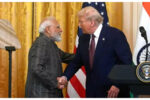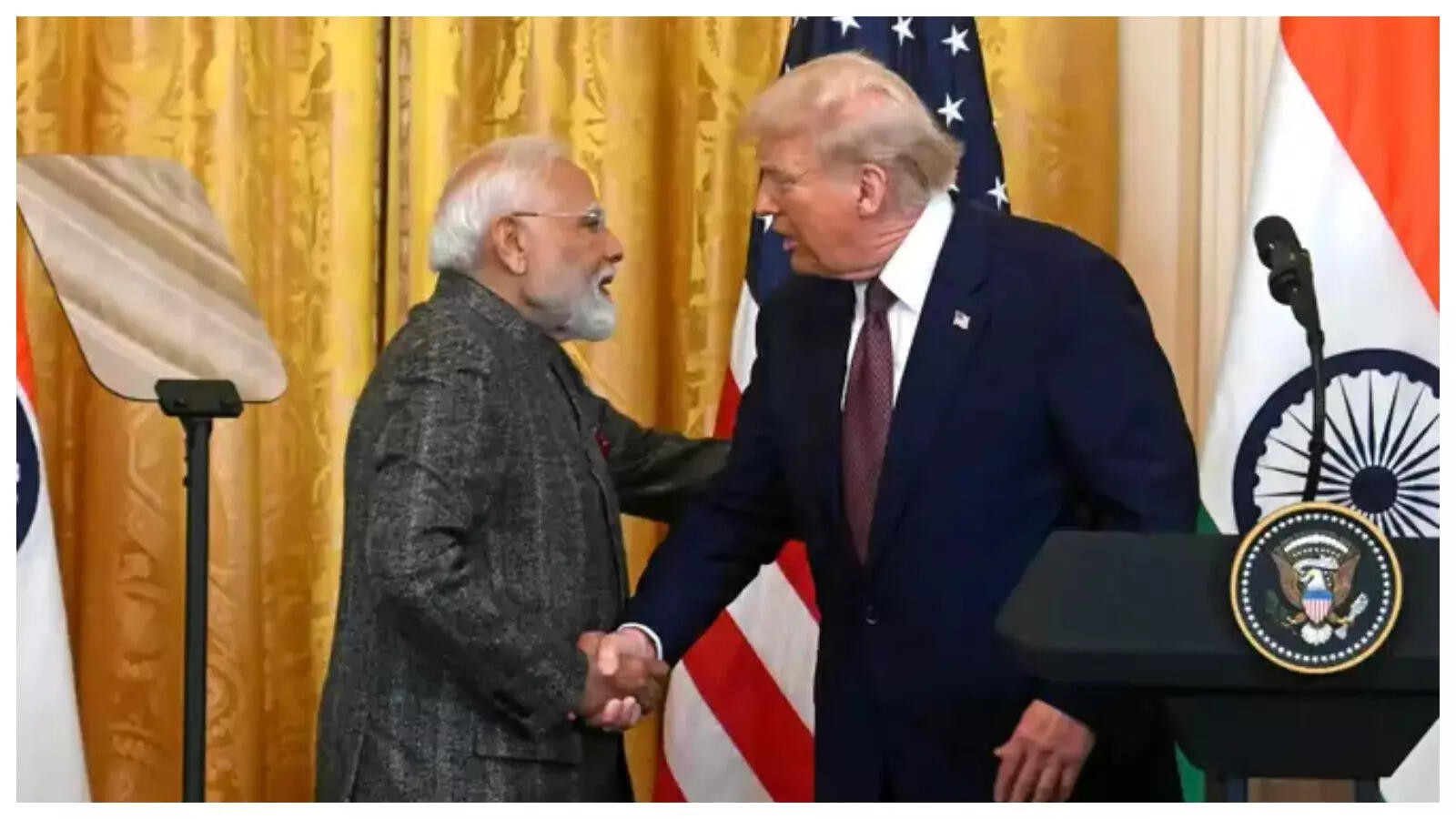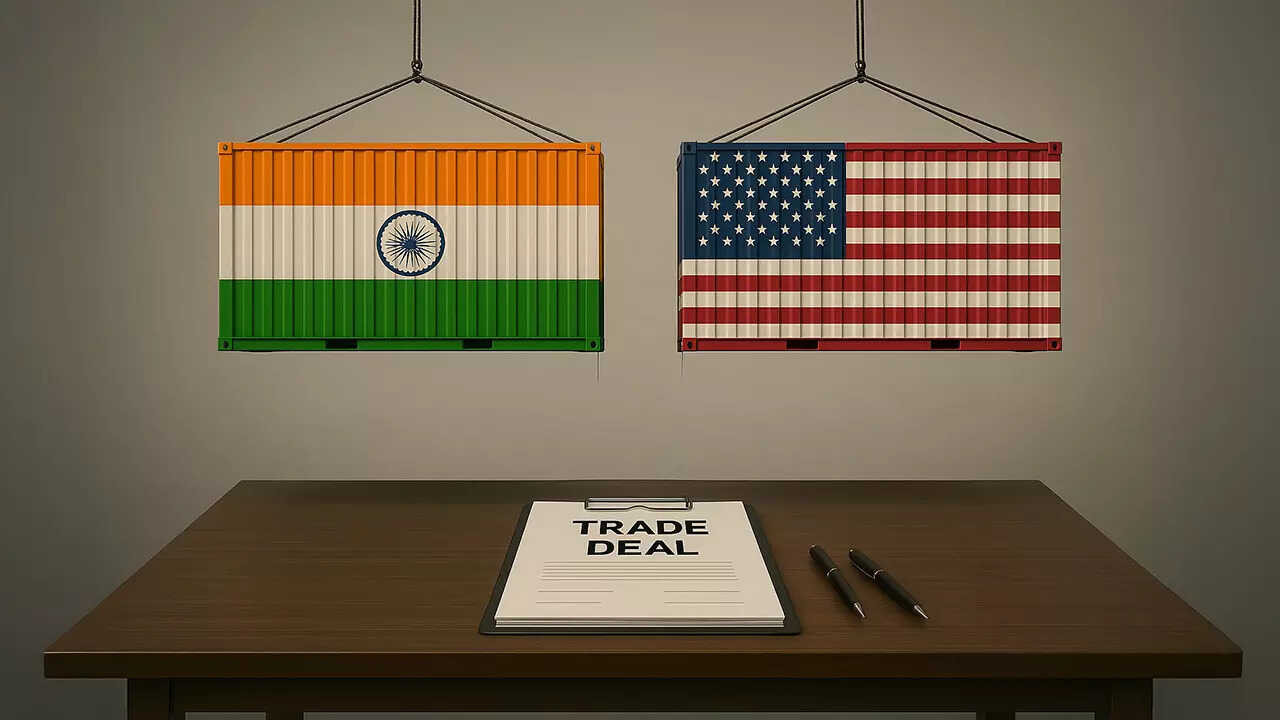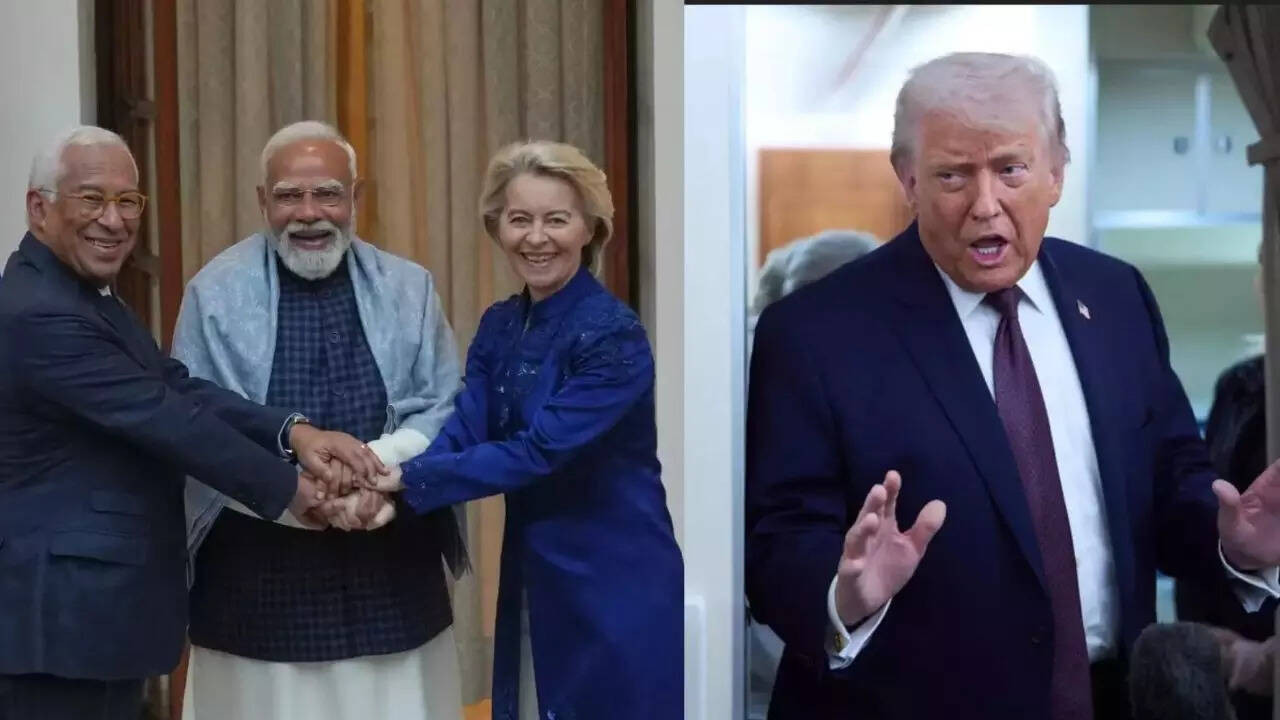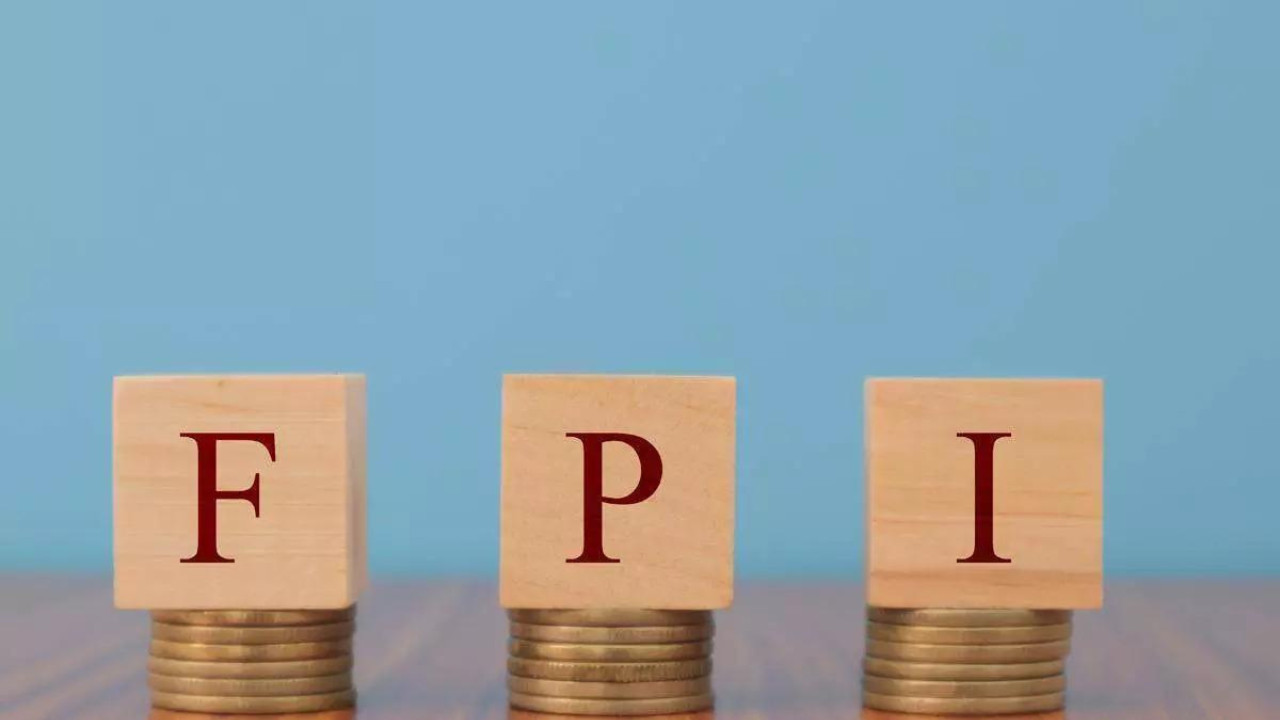Indian officials are in the US, led by chief negotiator Rajesh Agarwal, for trade deal talks aimed at bridging differences. Agriculture is a key sticking point, with India hesitant to lower tariffs on sensitive items like maize and soybean due to the prevalence of genetically modified crops in the US.
India and the US: Rekindling the Flame of a Trade Deal
The aroma of chai might soon mingle a little more freely with the scent of freshly brewed coffee in the global marketplace. An Indian delegation has landed on US soil, ready to breathe new life into stalled discussions around a potential trade agreement. Forget stiff handshakes and diplomatic jargon; think instead of a serious, focused attempt to unlock mutual economic benefits, a partnership poised to reshape trade relations between two of the world’s biggest economies.
For years, the idea of a comprehensive trade deal between India and the United States has been dangled like a particularly tempting carrot. Negotiations have sputtered, stalled, and occasionally reignited, each time leaving businesses and consumers on both sides of the Pacific wondering what might have been. This visit signals a renewed commitment – a chance to finally translate aspiration into action. But what exactly is on the table, and why is this round of talks generating so much buzz?
Diving Deep into the Discussion: Key Areas of Focus
The discussions are expected to cover a broad range of topics, reflecting the multifaceted nature of modern trade. One crucial area will be market access. Indian negotiators are keen to secure easier entry for their goods and services into the vast US market. Think of the potential boost for Indian textiles, pharmaceuticals, and agricultural products if tariffs are reduced or eliminated. On the other side, the US is likely pushing for greater access to India’s burgeoning consumer market for its own products and services, particularly in sectors like technology and financial services.
Beyond tariffs, the talks will delve into non-tariff barriers to trade. This includes issues like regulatory compliance, intellectual property protection, and standards alignment. Harmonizing these areas can significantly reduce the costs and complexities of doing business across borders, fostering a more seamless flow of goods and investments. Imagine a world where Indian manufacturers don’t have to jump through countless bureaucratic hoops to export to the US, or where American tech companies feel more confident in protecting their innovations in the Indian market.

Another critical element of the discussions centers around digital trade. In an increasingly interconnected world, the rules governing cross-border data flows, e-commerce, and digital services are becoming paramount. Finding common ground on these issues will be crucial for unlocking the full potential of the digital economy and fostering innovation in both countries. The digital economy represents a significant growth opportunity for both nations, but only with a clear and mutually agreeable framework can these opportunities be fully realized.
The Geopolitical Backdrop: More Than Just Economics
The renewed push for a US India trade deal isn’t just about dollars and cents. It’s also deeply intertwined with the evolving geopolitical landscape. Both India and the US share concerns about regional security and the rise of other global powers. Strengthening economic ties can serve as a powerful tool for reinforcing strategic partnerships and promoting a more stable and balanced world order.
A closer economic relationship between the two countries can also provide a counterweight to other dominant economic forces in the region, fostering a more diversified and resilient global economy. From a strategic perspective, a successful trade deal would send a powerful signal of unity and cooperation between two democratic nations committed to free and fair trade.
Navigating the Challenges Ahead: A Path Forward
Of course, the road to a trade agreement is rarely smooth. There are likely to be significant differences in perspectives and priorities that need to be carefully navigated. Protecting domestic industries, addressing concerns about labor standards, and ensuring environmental sustainability are just some of the challenges that negotiators will need to address.
Successful negotiations will require a willingness to compromise, a commitment to finding mutually beneficial solutions, and a clear understanding of the long-term strategic benefits of a stronger economic partnership. It will demand creative problem-solving and a willingness to look beyond short-term gains.
The stakes are undeniably high. A comprehensive trade deal between India and the US could unlock significant economic opportunities, strengthen strategic ties, and contribute to a more stable and prosperous global order. While the path forward may be complex, the potential rewards are too great to ignore. The next few weeks and months will be crucial in determining whether this renewed effort will finally translate into a tangible and transformative agreement, setting a new course for trade relations between two of the world’s most important nations. Let’s hope the aroma of chai and coffee blending becomes a reality sooner rather than later.
The success of these talks hinges on continued dialogue and a commitment to finding common ground, ultimately paving the way for stronger economic ties. These partnerships could expand further if India joins key trading blocks like the Regional Comprehensive Economic Partnership (RCEP) down the line.

